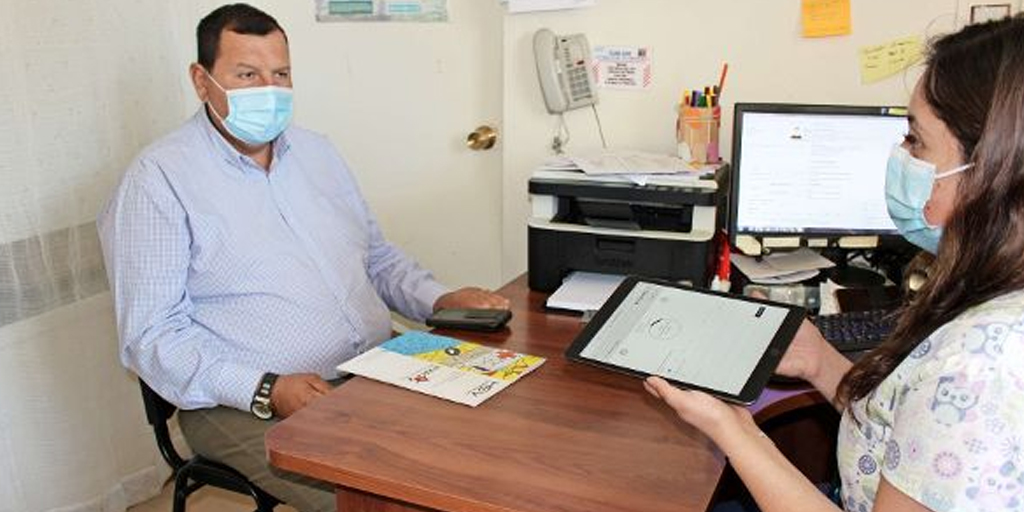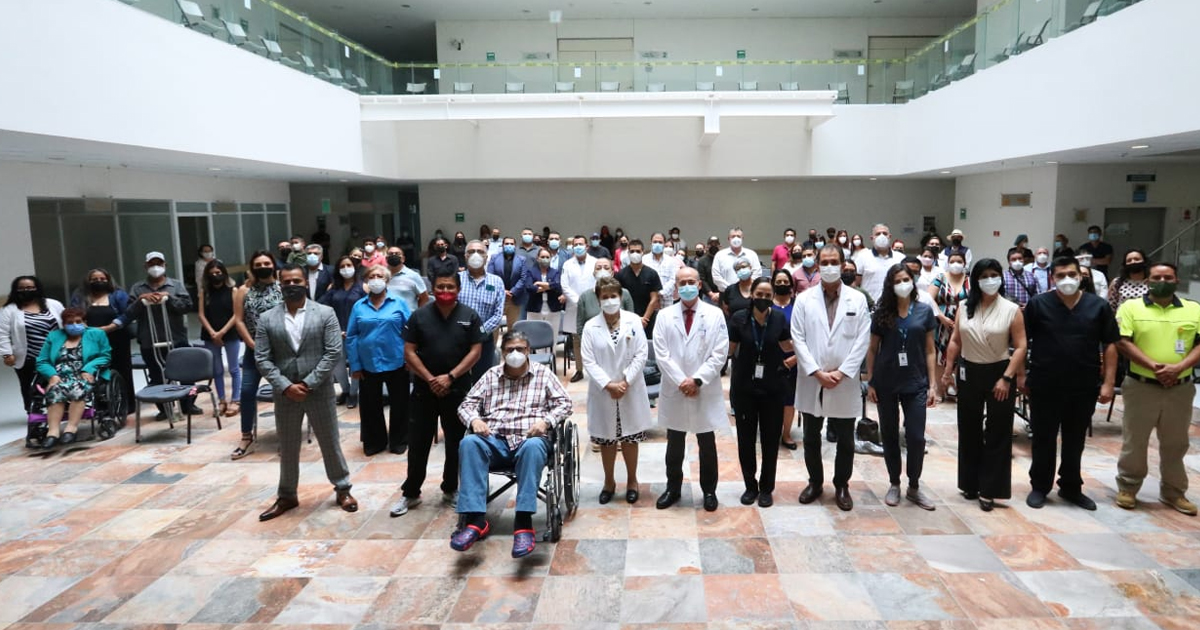The hospital of San Vicente de Tagua Tagua, in the O'Higgins Region has begun to apply artificial intelligence to improve patient treatment related to chronic diseases.
There are more than just clinical factors that affect patients in their recovery and how they follow their treatment explained Aldo Diez de Medina, Director of Hospital de San Vicente de Tagua Tagua. At the hospital, he says, they have recognized that chronic patients who live farther away from the hospital are the ones who decompensate the most, so geographical variables must also be considered in their treatment. That is why they began to develop a project that involves these variables and the application of Artificial Intelligence (AI).
“There are clinical guidelines that are based on scientific evidence on what is the best way to treat patients suffering from certain pathologies”, explained Alvaro Riquelme, from the Chilean company Unit, which works alongside the hospital. However, he says that these guidelines do not consider important aspects such as the psychosocial context in which the patients live, such as situations related to income, education, transportation, mental health or interpersonal relationships. The AI system developed attempts to predict future adherence to treatment by measuring different variables depending on the patient and the pathology.

The goal of AI in this particular problem is that patients with chronic diseases, such as diabetes, coagulation problems, oncology patients, follow their treatments correctly. The doctor writes and the AI is able to analyze and extract information from the text, Riquelme explains. This tool is also a great support for the specialist doctor to focus more on the relationship with the patient and less on administrative tasks, as Diez de Medina explained.
After predicting the patient's level of adherence to his or her treatment, the AI makes recommendations on the most appropriate medications or the patient's diet. The treatment and adaptation of patients depends on the context of each patient, which is why the AI will be useful to ensure that patients follow it to the letter.
The project is scheduled to begin in March, and “the ultimate goal is to improve and prolong the person's life, but it also brings other benefits”, explains Diez de Medina, “a compensated patient spends fewer days in hospital and requires less expensive medications”.






